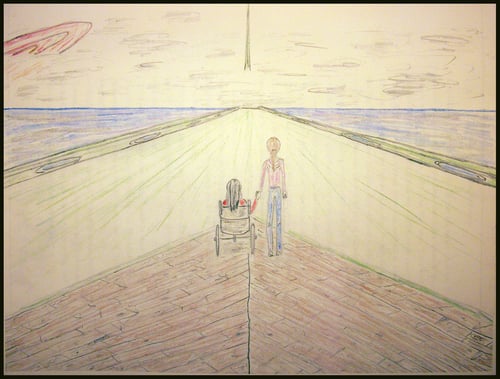Welcome to My Bookshop!
Young Adult Fantasy
Poetry
Science Fiction
Horror
Romance
Fan Fiction
Works in Progress
Memoirs
~~*~~
Pay what you want, including free!

Young Adult Fantasy
Poetry
Science Fiction
Horror
Romance
Fan Fiction
Works in Progress
Memoirs
~~*~~
Pay what you want, including free!

I'm a writer, illustrator, and fractalist. A wonderer, wanderer, and an unapologetic introvert. I'm a romantic; I'm inspired by the epic, the authentic, the numinous, and the luminous. Most of all, I'm blessed.
